Return to Montauk (Rückkehr nach Montauk): An interview with director Volker Schlöndorff
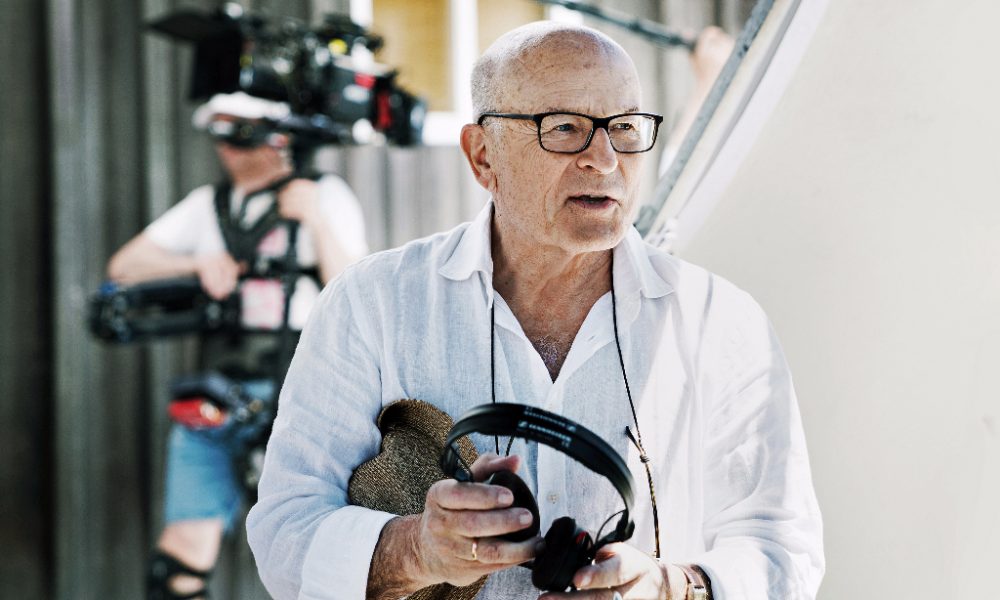
Arguably best known for winning an Oscar for his 1979 film adaptation of the Günter Grass novel The Tin Drum, director Volker Schlöndorff once again draws upon literature for his new film. Return to Montauk is loosely inspired by the 1975 novella Montauk by Max Frisch. It tells the story of a writer returning to New York after many years away, reconnecting with an old lover who still haunts him. We sat down with Volker at the 2017 Berlin International FIlm Festival to talk about the film.
Is shooting in the US different to shooting in Europe?
The first time I got there was to do Death of a Salesman, with Dustin Hoffman. This was the first time I was really in New York and shooting in the United States, and I loved every minute of it. And probably because of that I was looking forward to going back there again. Because… how can I say that without hurting European filmmaking? When you make a film in the United States, you have the feeling that this is the art of the American civilization… ah, it’s complicated. It has an effect that is liberating. New York gives you a lot of energy just by being there. And that’s not just me, everyone who goes to America can have this feeling. You have the feeling that you can reinvent yourself, like there is no past. And I did that with Salesman, it was supposed to be only a three or four month job, and then go back to Germany… but I stayed five or six years. Because I felt that energy, I felt different. I became much more free in speaking and behaving, and if the wall had not come down in Berlin, I probably would have stayed in New York. I was there to stay, and I had… it’s all connected somehow with the movie. And I had this love affair in New York with an American woman, and then all of a sudden the wall came down, so it felt important that I should go back to Berlin. And it was exciting, and I forgot I was in love, in the sense that I forgot I had to make a commitment.
Which mirrors the events in Return to Montauk. So it was like your return to New York?
This is what happened many years ago, and so the possibility of going back to New York almost 30 years later to shoot another film on the streets of New York, I was hoping that it would again give me a new start. Beginnings are always very interesting because you feel young when you start something new. And at first it was, no you can’t shoot in New York: it’s too expensive and there are the unions, and everybody is always telling you that. And I was watching some young independent filmmakers, I do a little teaching at film classes here and there, and I see how they do that, and I think, why couldn’t I do it that way? But then they say I’m a member of the DGA (Directors Guild of America), and you have to have a union crew of 30 or 40 people, so many vans, so many drivers, and the drivers are the best organised union. So I think, why do I have to? I went to see the DGA and asked what if I do it small? And you don’t need a police permit if you only have five or six or seven people… I don’t remember the exact number.
So it was more like a guerilla style of filmmaking?
You can shoot anywhere, on the streets, on the subway, you don’t need a permit. Only when it’s a big crew, and then you need to ask the police. So I said, yes – we’ll do it that way. The actors agreed to do it, but you have to be careful. What if one of your actors steps out into the street and a cab hits them? In the scene where Nina Hoss and her friend come out of the concert, it’s all real people. They hail a real taxi, and that’s not a production taxi driving up to them. It was the first taxi that happened to come, and so they just got in and drove away. But they said what if he was kidnapping them? Or what if there’s an accident? And I say, what if, what if, what if. Let’s just do it. Because it would not have this natural feeling…hopefully the right way. Because otherwise you would need a hundred million dollars, and you would block off the street, you hire 200 extras to pretend.
Oliver Johnston
Photo: Wild Bunch Germany 2017 / Franziska Strauss
Read our review of Return to Montauk (Rückkehr nach Montauk) here.
For further information about the 67th Berlin Film Festival visit here.
Read more reviews from the festival here.


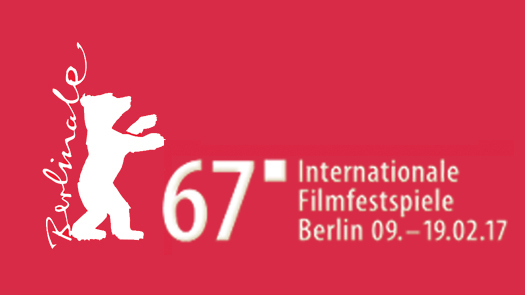











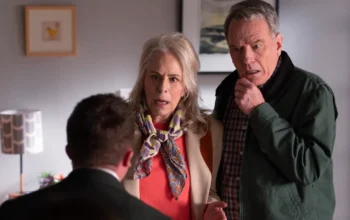
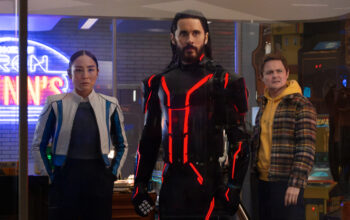
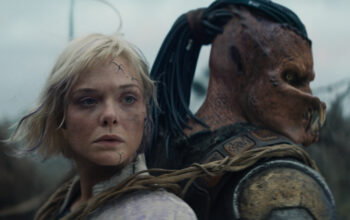







Facebook
Twitter
Instagram
YouTube
RSS